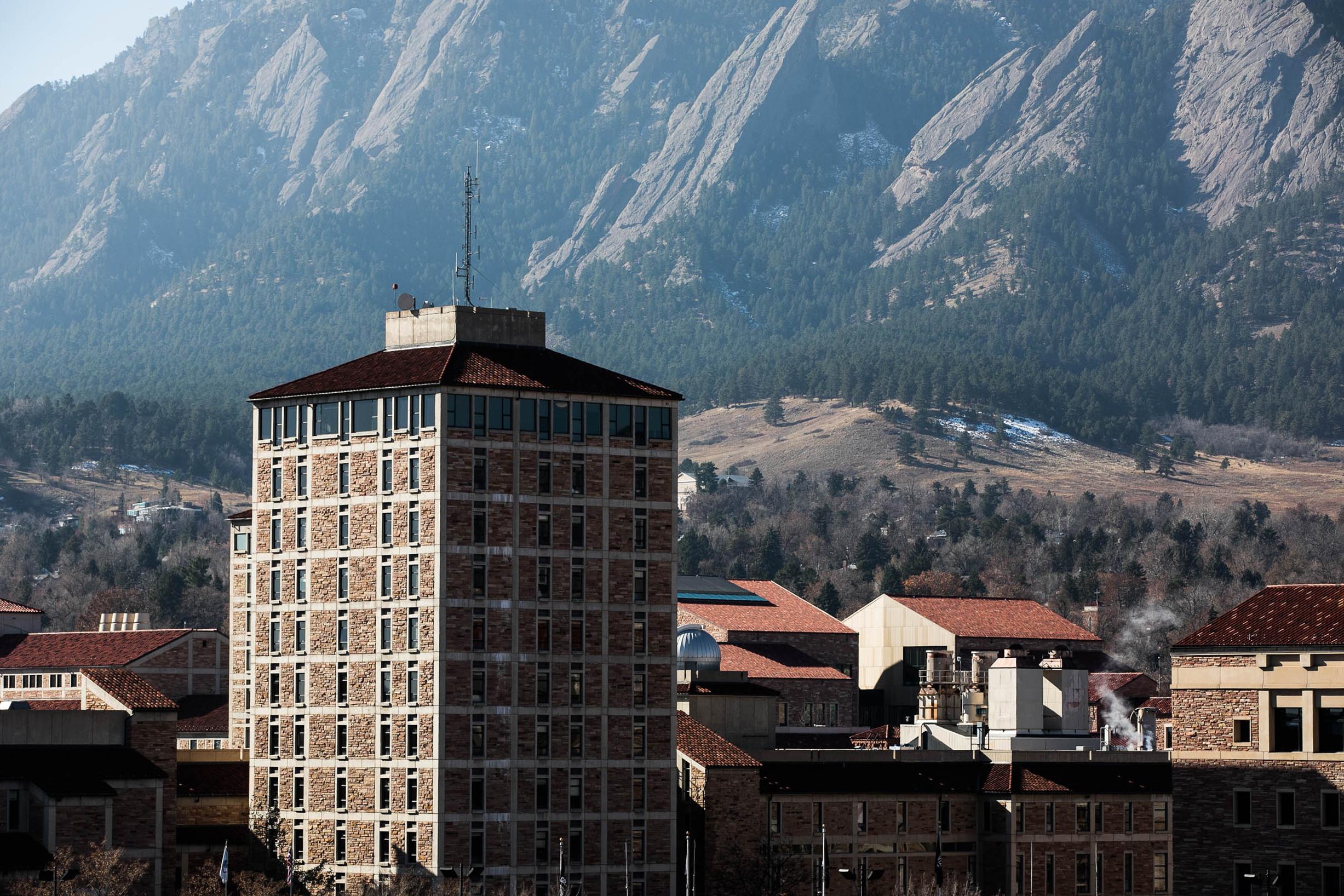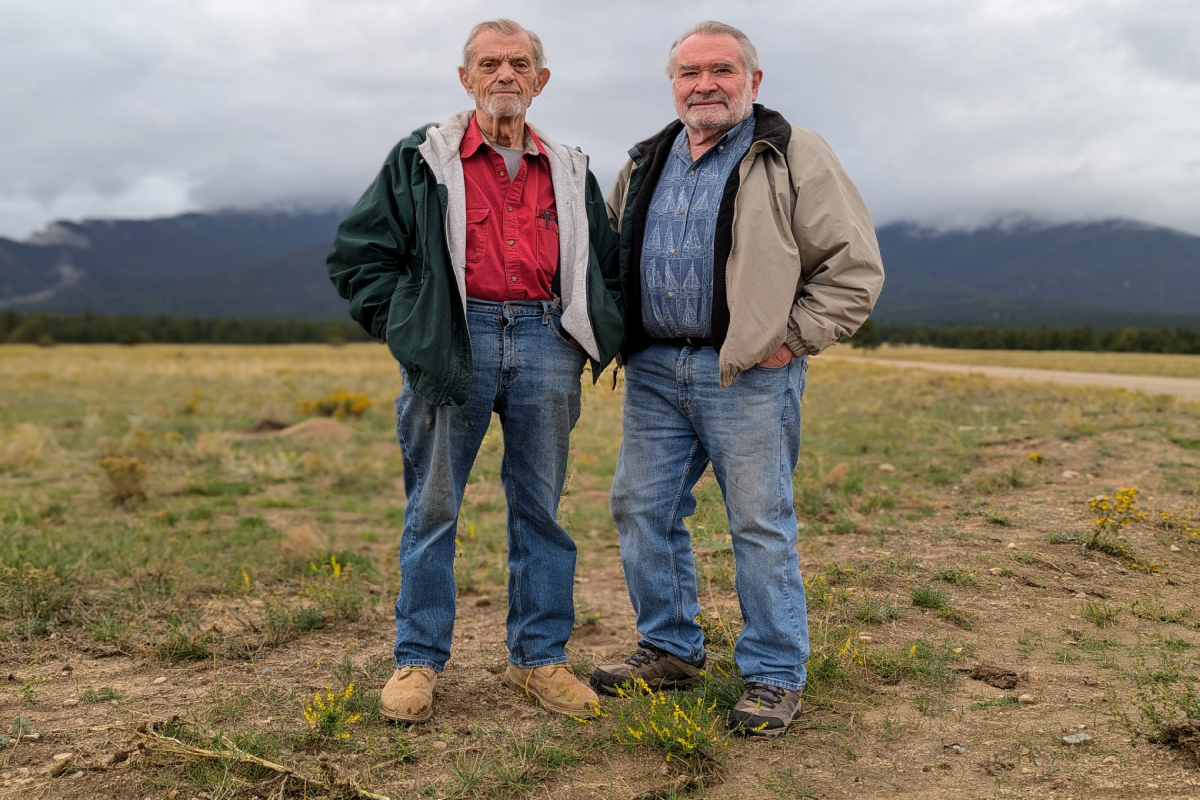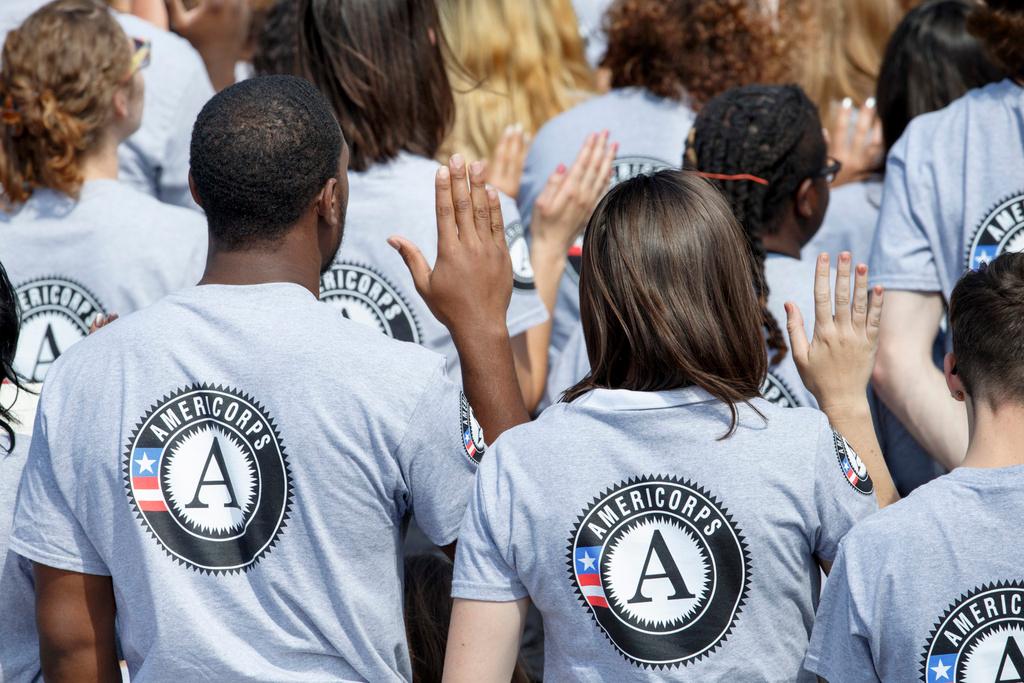
The University of Colorado Boulder announced Monday it is temporarily shifting to remote instruction less than one month into the fall semester. The state’s largest university has seen a steady increase in COVID-19 cases since classes began in late August. At the time of its official announcement, CU had confirmed 765 cases through its online dashboard since the semester began.
All undergraduate, graduate and law classes will be taught remotely starting Sept. 23.
"I know this situation is extremely difficult, and I wish, as I know we all do, that our circumstances were very different. The next two weeks are about more than our ability to see each other in person," Chancellor Phil DiStefano said in a newsletter.
Jordan Chamberlain, a freshman living on campus, said that, after CU officials failed to take sweeping action following last week’s surge in cases, she was surprised at the sudden announcement.
“Honestly, I didn't expect that we were gonna last this long,” Chamberlain said. “At this point, I'm more surprised that they actually did it, not to say that they're doing a bad job of keeping COVID in check up here, but I was just kind of surprised.”
Some faculty and staff teaching on campus expressed relief. Dani Soibelman, a PhD student at the College of Media, Communication and Information, said only six of her 30 students showed up to class last week. Most stayed home because of infection, exposure or fear of contracting the virus. She said she’s glad the university is going remote but thinks the outbreak was allowed to go uncontained for too long.
“I'm beyond frustrated and, at this point, it hurts me to be angry and I'm just sad,” Soibelman said. “I'm sad for my students. I'm sad for the community that I'm building here. I'm sad for my comrades.”
At a press conference Monday, CU officials emphasized classes would only be remote for two weeks. They said that students are being threatened with a temporary suspension if found in violation of public health guidelines. But when asked if looming suspensions will cause students already partying under pre-existing health guidelines to stay home, Vice Chancellor Patrick O’Rourke said he hopes so.
“What we have heard from the students is that what they want to be able to do most is to continue their education," O’Rourke said. "If they are consistent in what they value, then this is a tool that we can use in order to try to ensure that occurs.”
Some university facilities will remain open. Student resources, like the fitness center and libraries, will continue to operate under current health guidelines. Research centers are not impacted by the shift.
CU has experienced several COVID-19-related setbacks, including wastewater testing finding potential outbreaks at four residence halls and large groups of students attending off-campus parties.
Just a week before, Boulder County health officials said that a vast majority of cases were associated with university students, and required students living locally to quarantine for two weeks.
On top of rising cases, CU has had to deal with a dwindling number of on-campus isolation spaces for infected students. At a COVID-19 briefing, Gov. Jared Polis said it wouldn’t be safe to send students home.
"It would not be constructive for them to be sent away," Polis said. "That would be very dangerous If they were dispersed across the state and country, that would set off many other outbreaks."
CU is the second major Colorado university to shift to remote learning following an uptick in cases. In Colorado Springs, Colorado College moved most classes online and reduced the number of students living on campus after it quarantined three dorms in the first weeks of the semester.
This is a developing story and will be updated.








